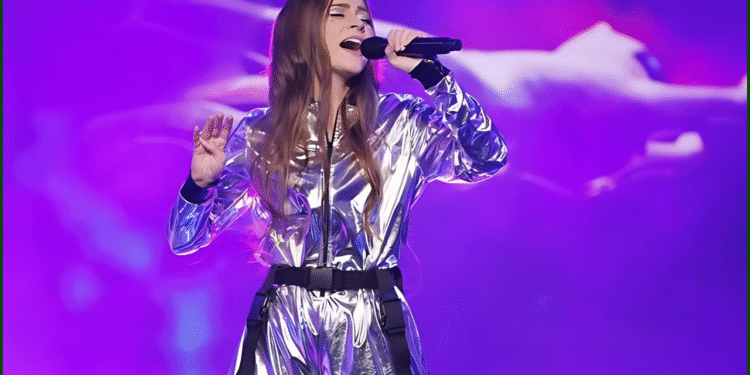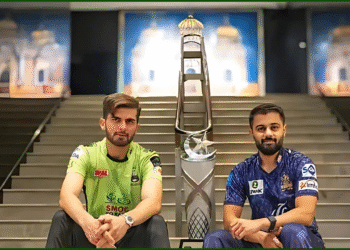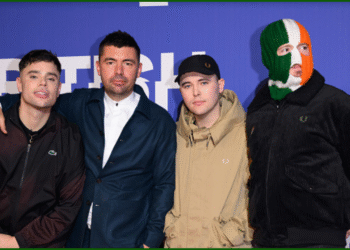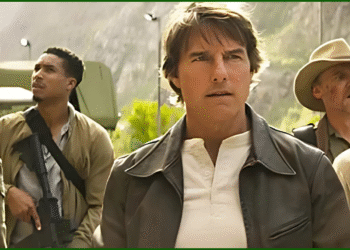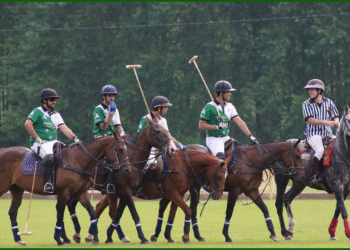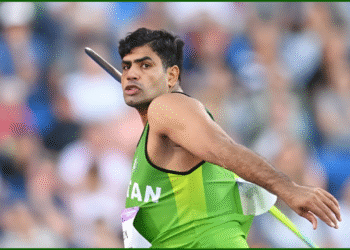Dublin, May 13, 2025 – Ireland’s national broadcaster, RTÉ, has urged the European Broadcasting Union (EBU) to reconsider Israel’s inclusion in the upcoming Eurovision Song Contest, citing concerns over the ongoing conflict in Gaza. The request comes as the world’s largest live music event prepares to kick off in Basel, Switzerland, with 37 countries set to compete.
Kevin Bakhurst, RTÉ’s director general, voiced deep concern about the humanitarian crisis in the Middle East, particularly the devastating toll on civilians in Gaza and the plight of Israeli hostages. While acknowledging that EBU membership is the primary criterion for Eurovision participation, Bakhurst emphasized the need for a broader discussion. He also highlighted RTÉ’s commitment to impartial reporting on the Gaza conflict, while noting the political pressures faced by Israel’s public broadcaster, Kan, from its government.
The Eurovision Song Contest, which draws an estimated 160 million viewers annually, is a global stage for cultural exchange. This year, Israel will be represented by Yuval Raphael, a survivor of the October 7, 2023, attack. However, Israel’s participation has sparked controversy, with more than 70 former Eurovision artists, including Ireland’s 1994 champion Charlie McGettigan, signing an open letter demanding Israel’s exclusion. The letter argues that allowing Israel to compete risks normalizing the country’s actions in the Gaza conflict, which has resulted in significant loss of life.
In Ireland, public sentiment appears to align with RTÉ’s stance. Emma O’Kelly, a representative of the National Union of Journalists at RTÉ, praised the broadcaster’s position, stating that it reflects both staff and public outrage over the situation in Gaza. “The EBU should not provide a platform for a nation engaged in such actions,” O’Kelly said in a radio interview, echoing widespread calls for accountability.
This is not the first time Israel’s Eurovision participation has faced backlash. Last year, campaigns targeted Israeli contestant Eden Golan, though the EBU ultimately permitted her performance. As the 2025 contest approaches, RTÉ’s call for dialogue underscores the intersection of politics and culture on the Eurovision stage, raising questions about the role of global events in addressing complex geopolitical issues.






























